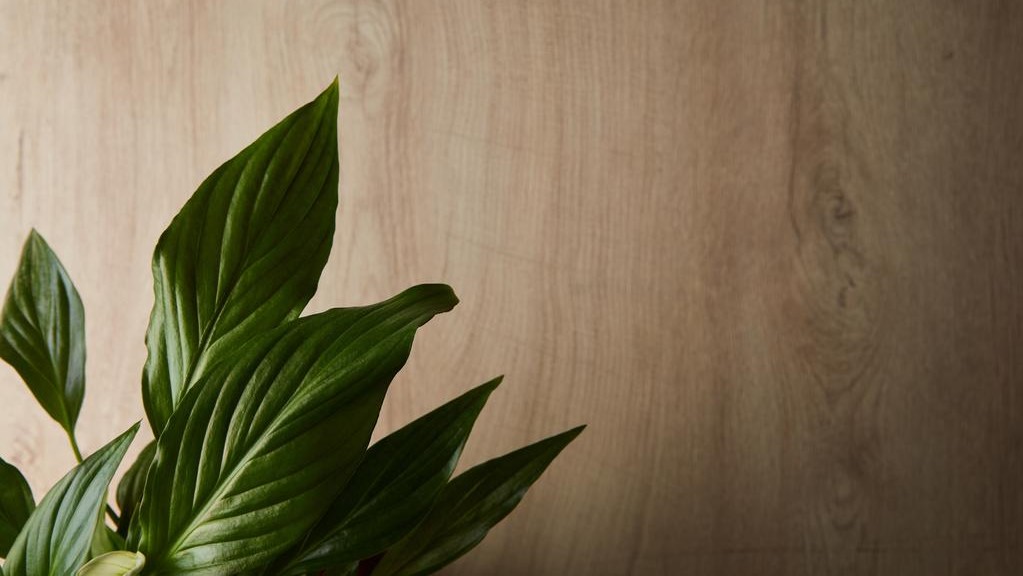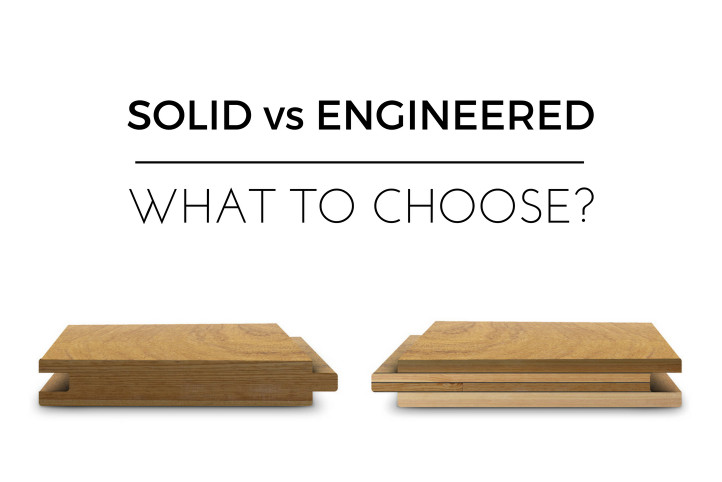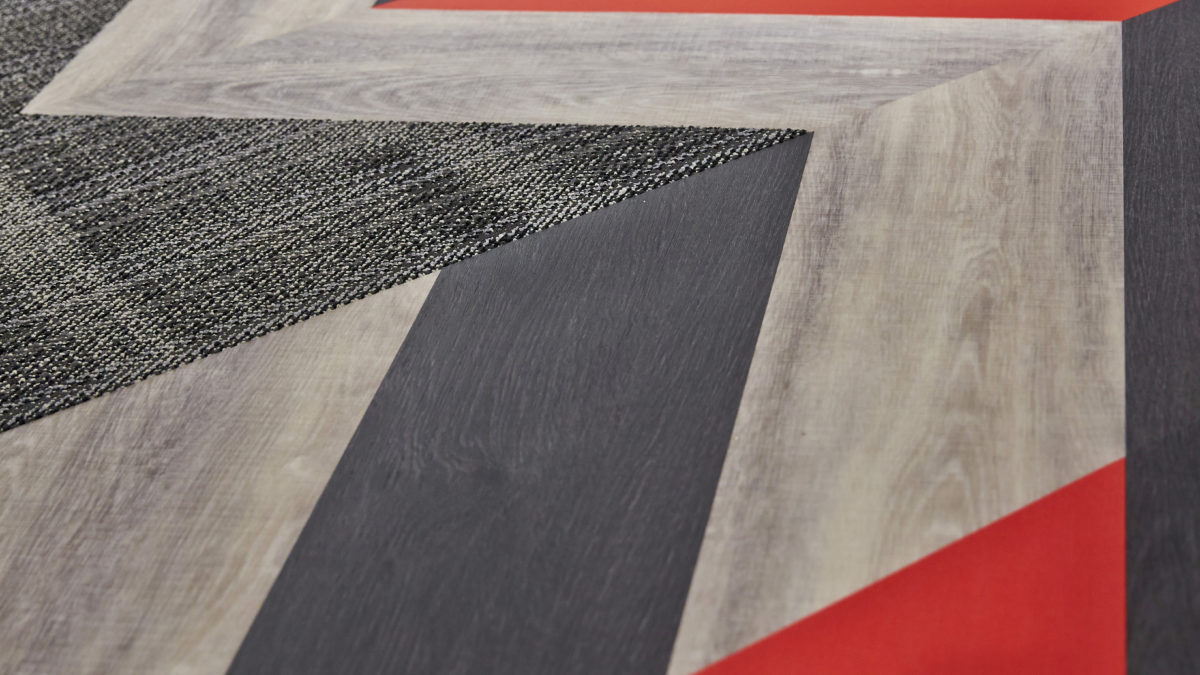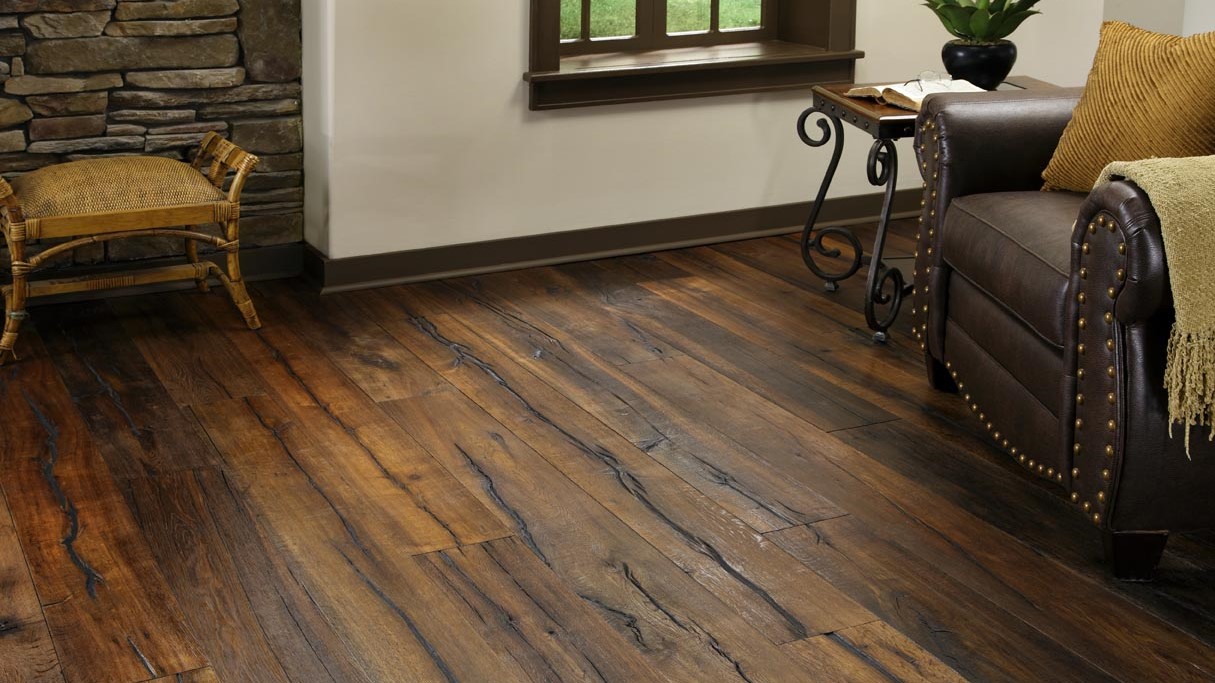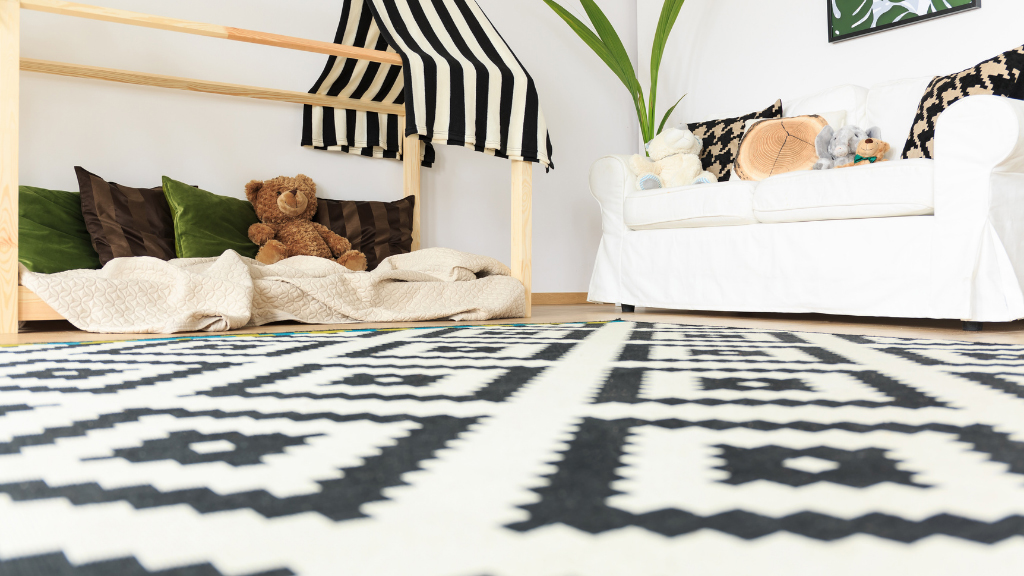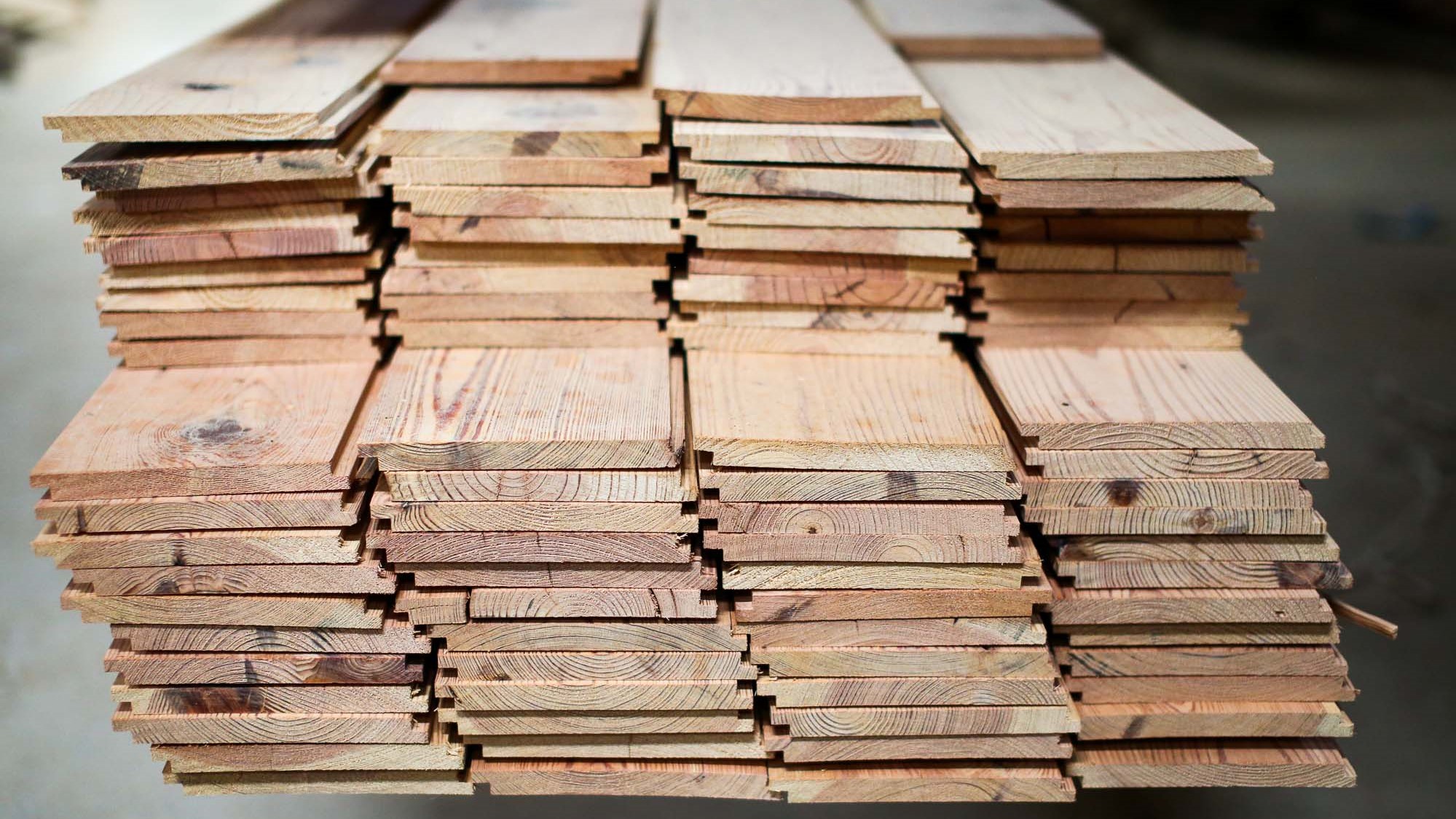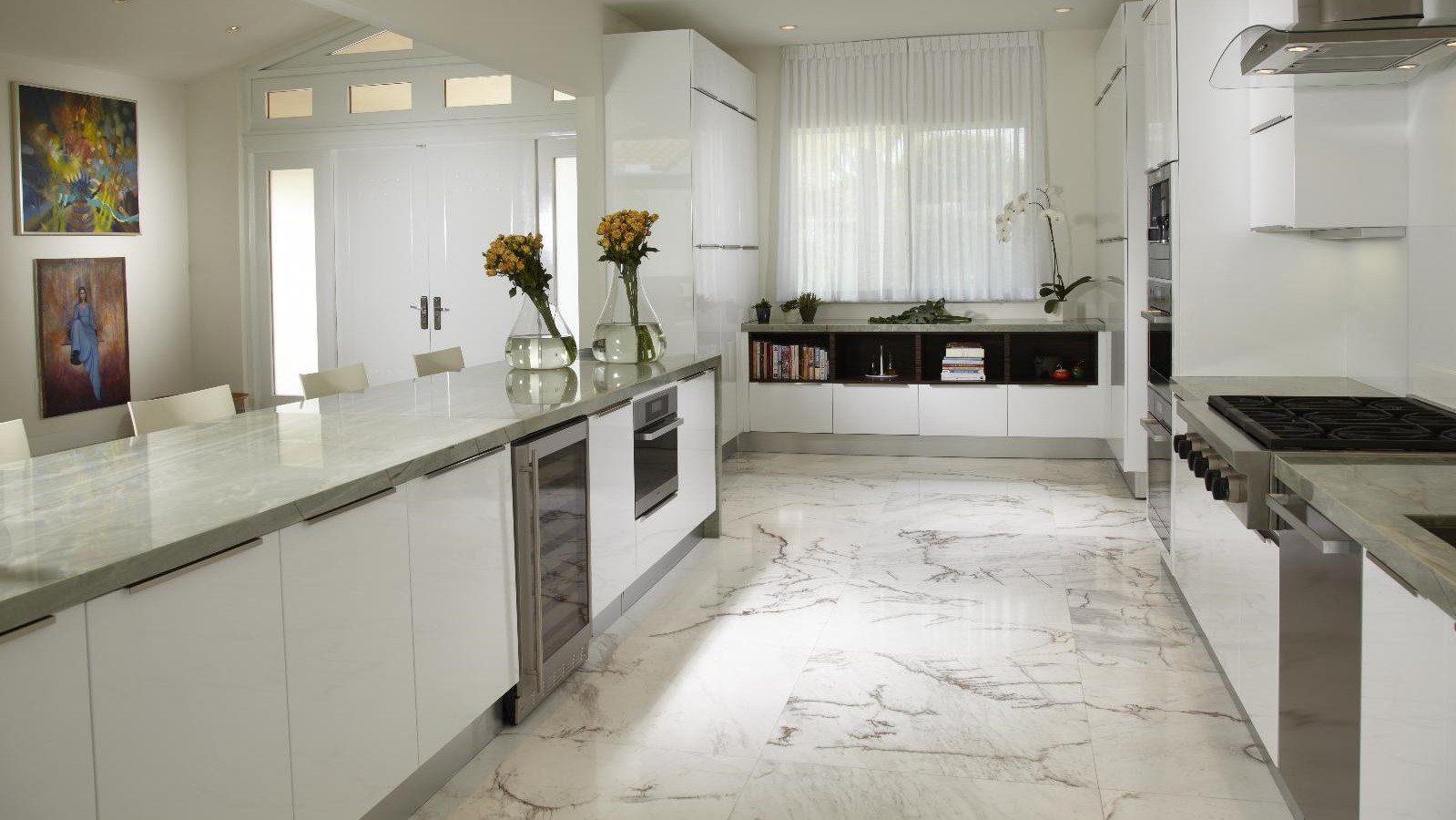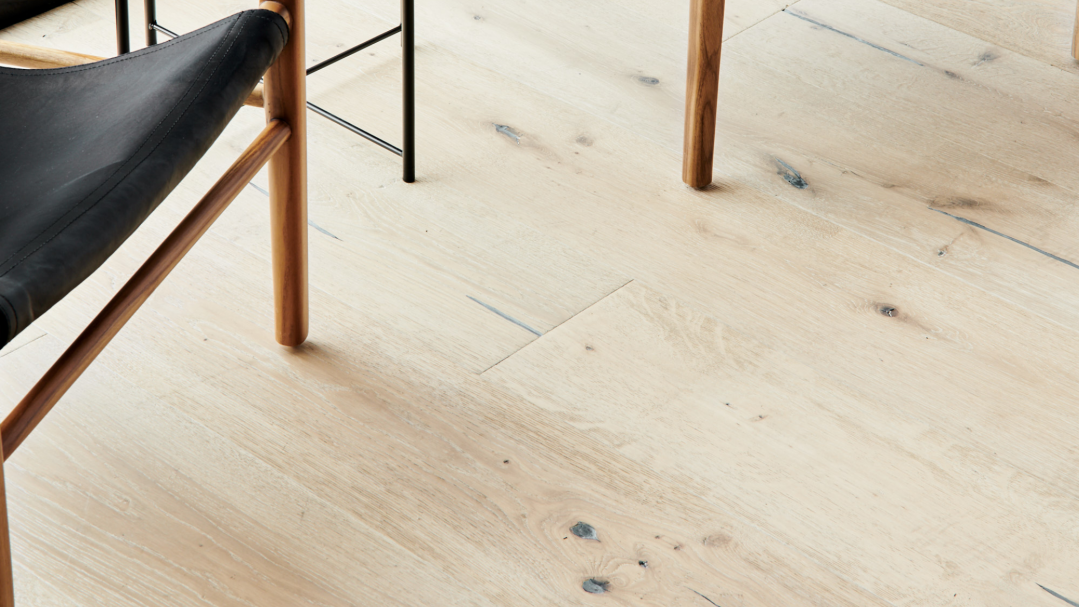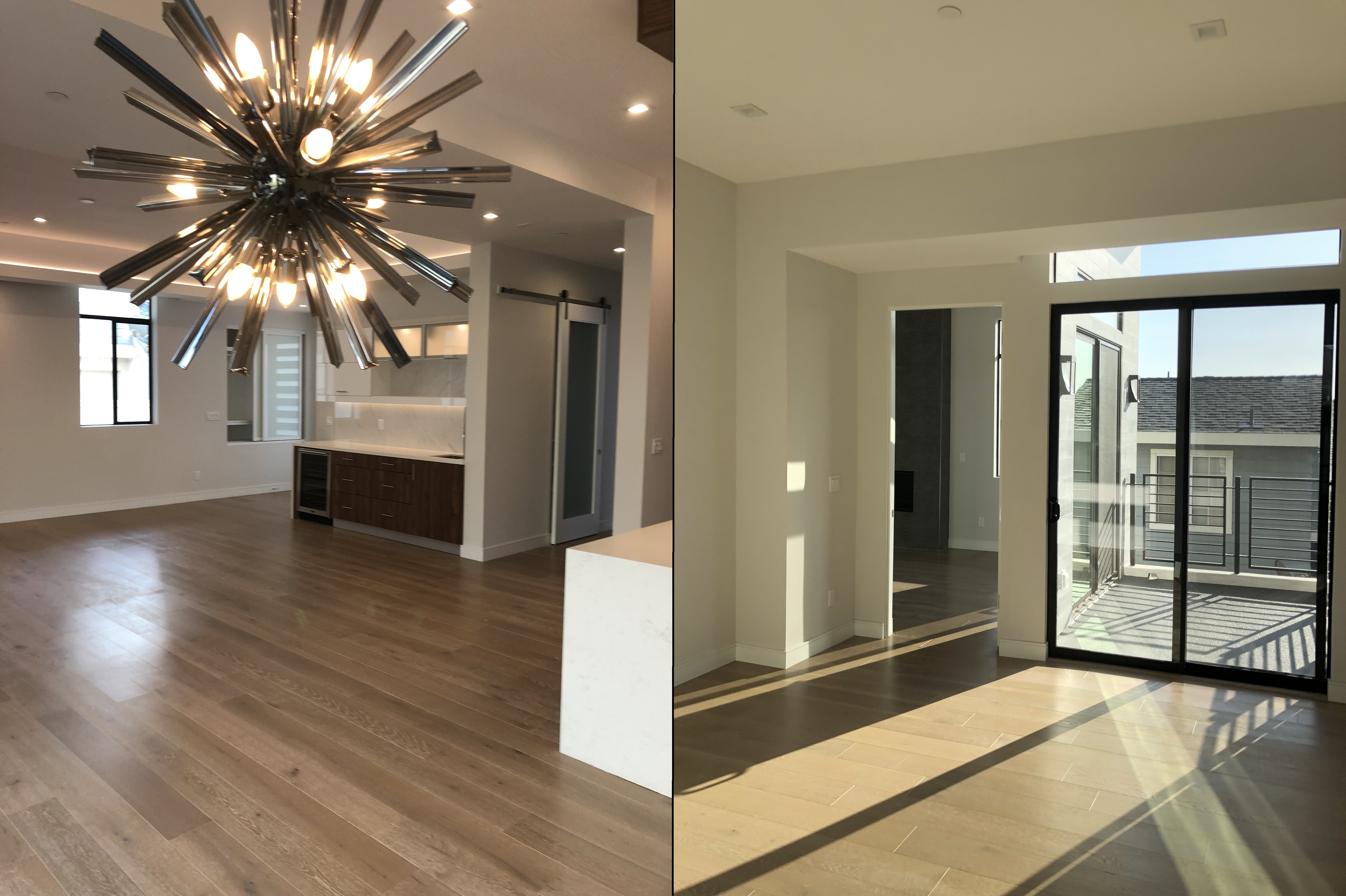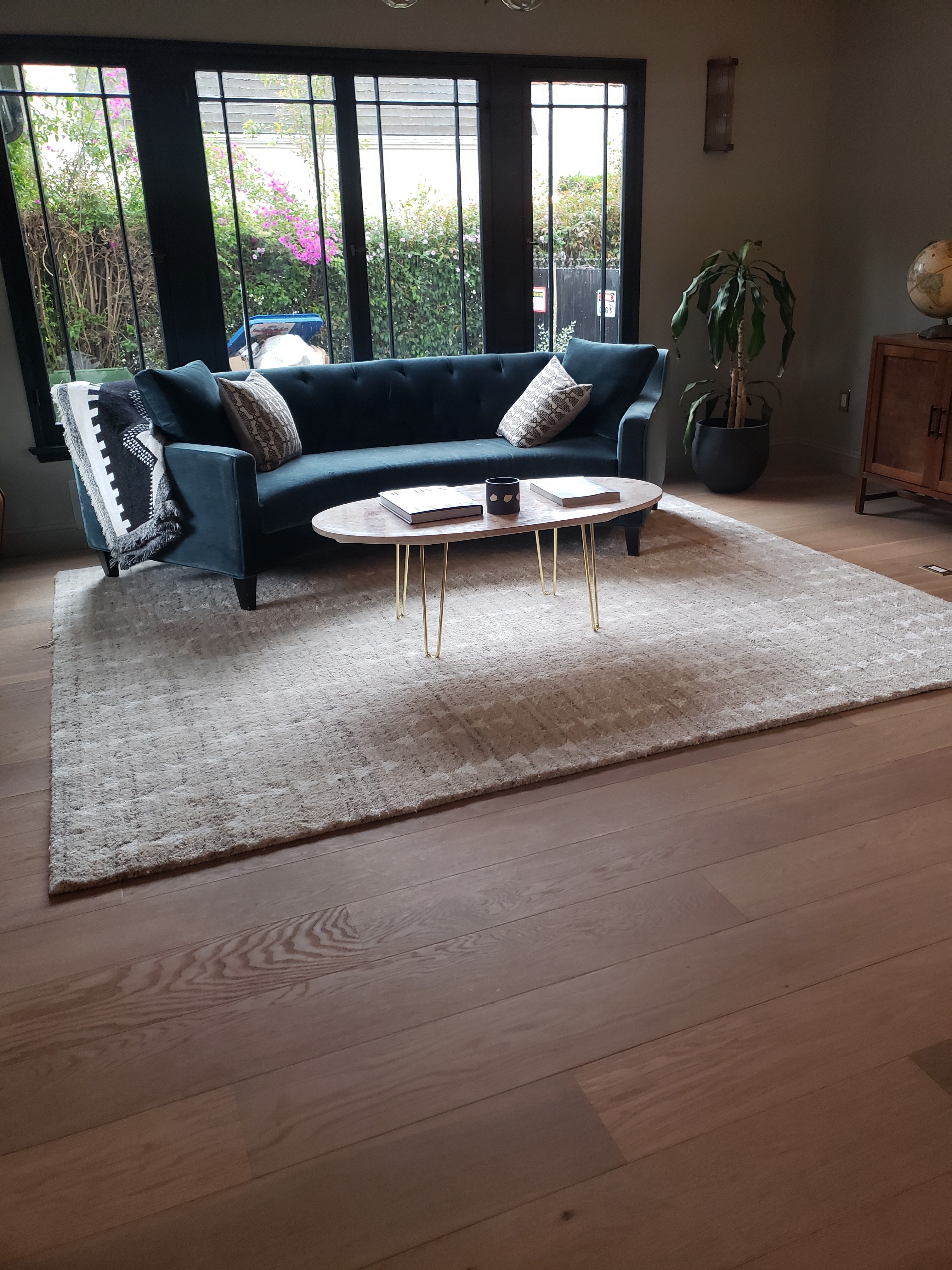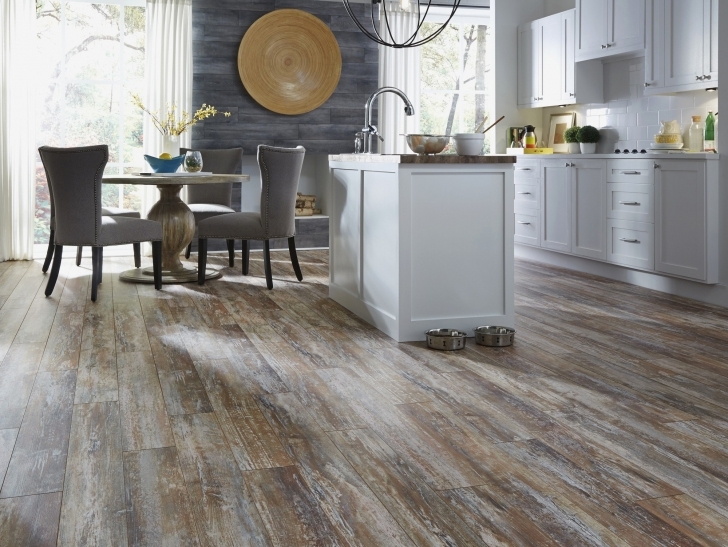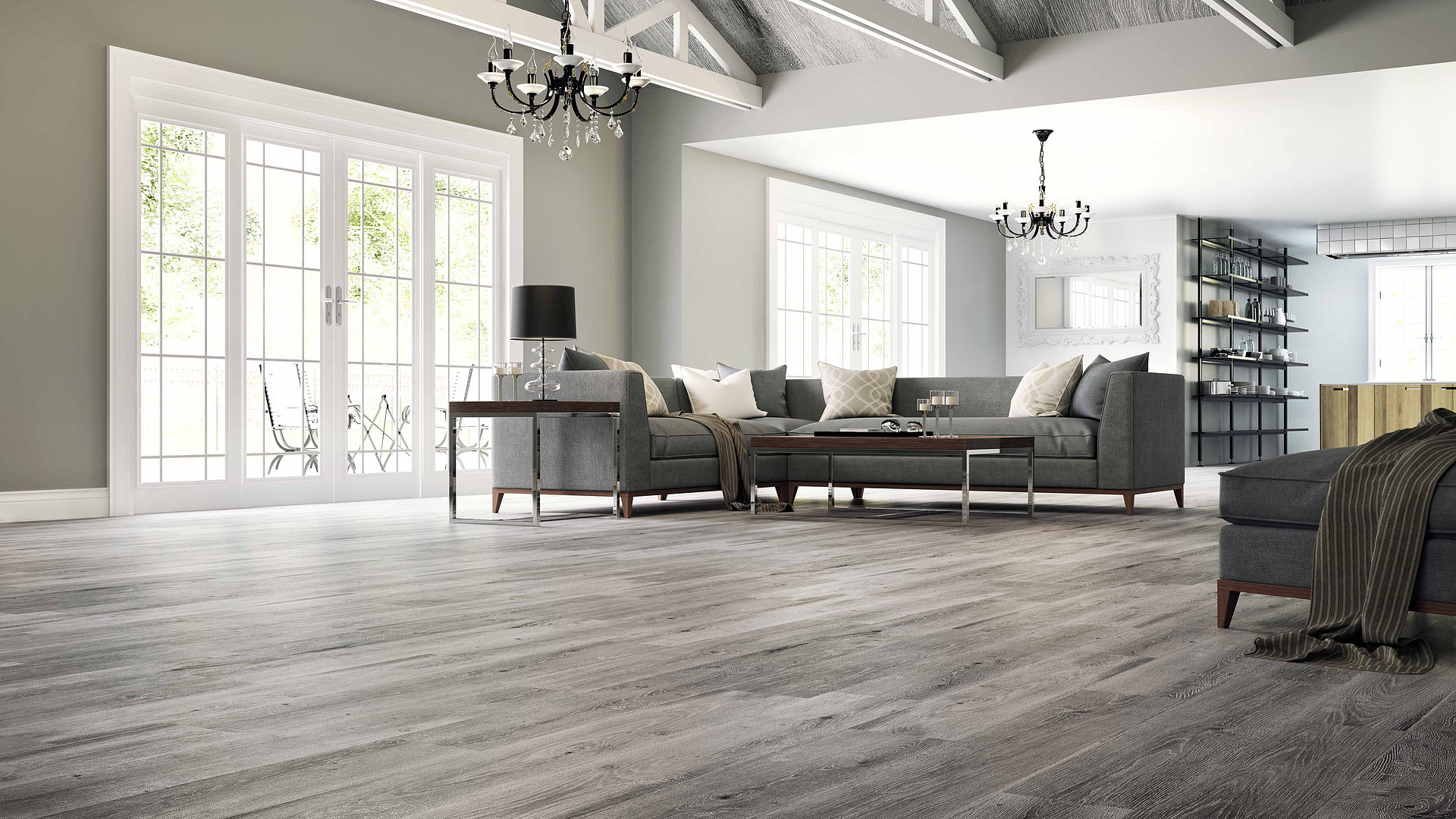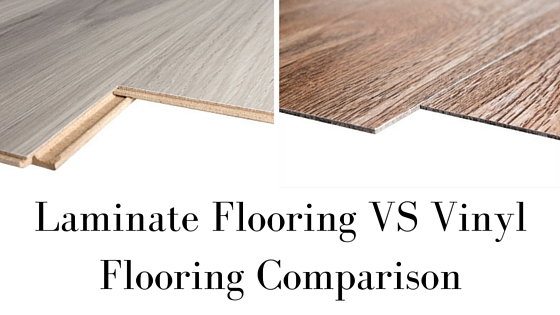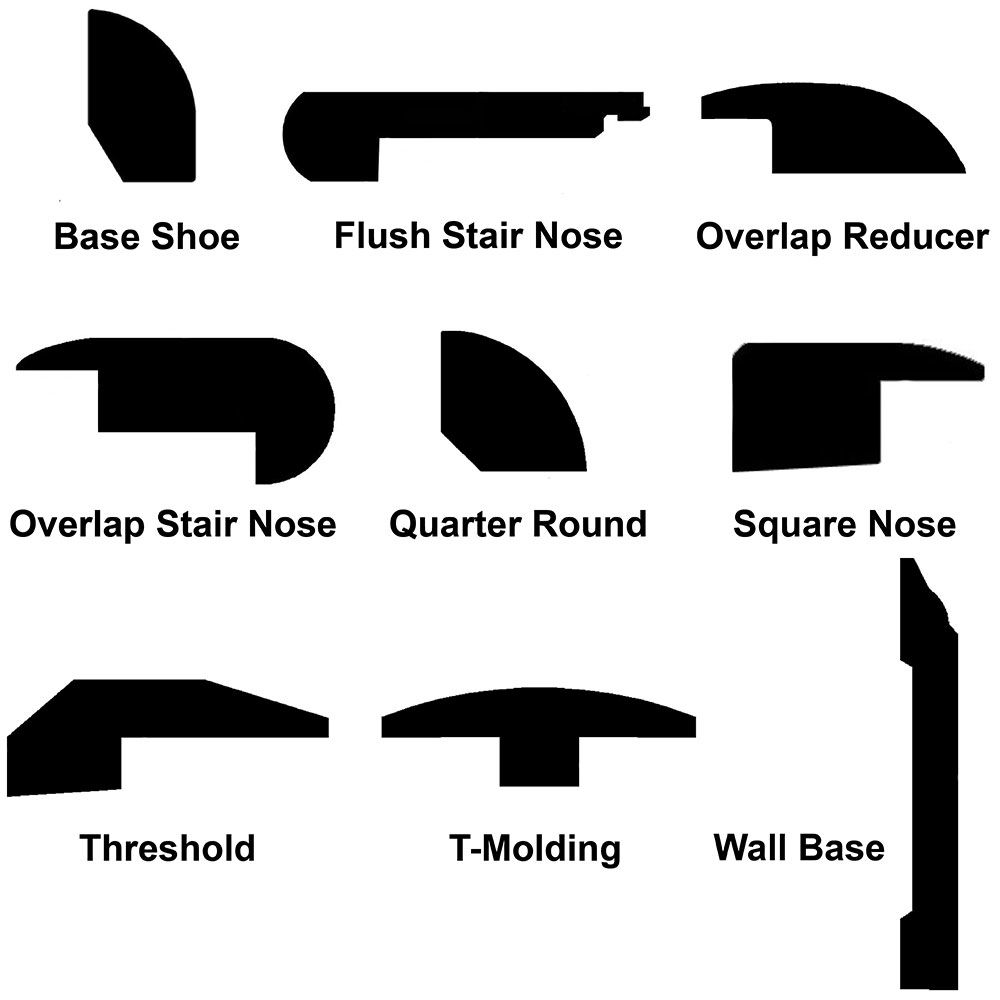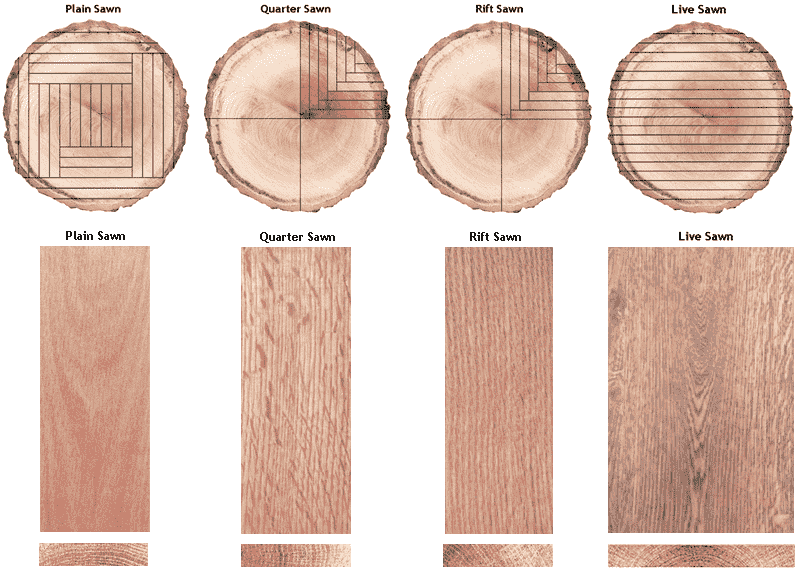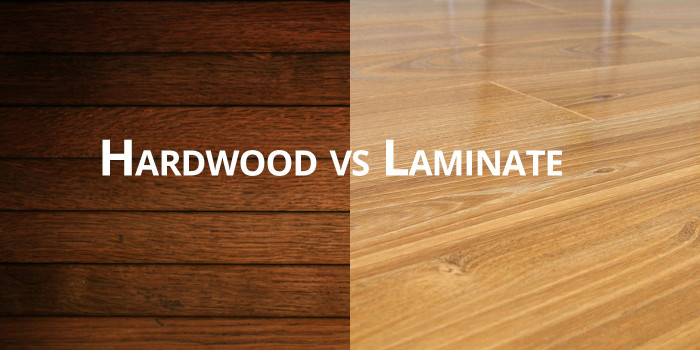Going Green Underfoot: The Benefits of Eco-Friendly Flooring
Eco-friendly flooring options have gained popularity in recent years due to their sustainability and low impact on the environment. These flooring materials are made from renewable resources and are free from toxic chemicals, making them an excellent choice for homeowners who are environmentally conscious. Moreover, eco-friendly flooring options offer various benefits, including durability, low maintenance, and improved indoor air quality. In this blog post, we will explore the advantages of eco-friendly flooring and how it can contribute to a more sustainable home.
For homeowners who prioritize sustainability and the environment, eco-friendly flooring presents several advantages that make it an excellent option. Below are some of the major benefits of eco-friendly flooring:
SUSTAINABILITY

Eco-friendly flooring materials are crafted from either recycled materials or sustainable resources, and their manufacturing and installation processes have a minimal ecological impact. Opting for these types of flooring not only promotes sustainability but also decreases your carbon footprint.
It is advantageous because it promotes sustainability, which in turn helps to conserve natural resources, minimize waste, and lessen environmental harm. Traditional flooring materials like vinyl and carpeting can result in pollution and waste during their production and disposal. However, eco-friendly flooring is made from sustainable resources like cork, bamboo, or reclaimed wood, which can be harvested without causing long-term damage to the environment.
Furthermore, eco-friendly flooring can improve indoor air quality, which is important for maintaining a healthy living space. Traditional flooring materials may contain harmful chemicals such as volatile organic compounds (VOCs), which can off-gas into the air and contribute to poor indoor air quality. Eco-friendly flooring materials are typically made without these harmful chemicals, making them a healthier option for your home or office.
NON-TOXIC

Being non-toxic is a significant advantage of eco-friendly flooring, as it implies that the flooring materials don't include harmful substances or chemicals that could endanger human health and the environment. Conventional flooring materials like carpet and vinyl often contain harmful chemicals like formaldehyde, phthalates, and volatile organic compounds (VOCs). These chemicals can escape into the air and result in poor indoor air quality, leading to health concerns such as allergies, respiratory problems, and headaches.
In contrast, eco-friendly flooring materials are typically composed of natural, non-toxic components like cork, bamboo, or reclaimed wood and do not contain hazardous chemicals that can off-gas into the air. Additionally, several eco-friendly flooring choices are treated with non-toxic adhesives and finishes, further decreasing the chance of being exposed to harmful substances.
Choosing non-toxic, eco-friendly flooring can have significant health benefits for those living or working in the space. It can also reduce the environmental impact of the flooring by preventing harmful chemicals from being released into the environment during the production, installation, and disposal of the flooring.
DURABILITY

Durability is an advantage of eco-friendly flooring, as it can contribute to reducing the environmental impact of flooring over an extended period. Unlike traditional flooring materials such as carpet and vinyl, which tend to have a relatively short lifespan and require frequent replacement, eco-friendly flooring materials are often engineered to be more robust and long-lasting. Consequently, they can endure for many years without needing to be substituted. This can help to decrease the environmental impact of flooring by reducing the amount of waste and resources utilized over time.
In addition to reducing waste, durable, eco-friendly flooring can also save money over the long term. While eco-friendly flooring may have a higher upfront cost, its long lifespan means that it will not need to be replaced as frequently as traditional flooring materials, which can ultimately save money over time.
Additionally, durable eco-friendly flooring is often simpler to maintain and clean compared to conventional flooring materials. Many eco-friendly flooring choices have natural resistance to scratches, stains, and other forms of damage, which indicates that they need less maintenance and fewer harsh chemicals to keep them looking their finest.
LOW-MAINTENANCE

Low-maintenance is also a benefit of eco-friendly flooring because it means that the flooring requires minimal maintenance and is easy to care for over time. Many traditional flooring materials, such as carpet and hardwood, require regular maintenance and cleaning to keep them looking their best. This can be time-consuming and may require the use of harsh chemicals that are harmful to human health and the environment.
In contrast, eco-friendly flooring materials are frequently engineered to be low-maintenance and simple to maintain. Many eco-friendly flooring choices, like bamboo and cork, possess natural properties that resist scratches, moisture, and stains, indicating that they require less maintenance than conventional flooring materials.
Moreover, eco-friendly flooring is frequently constructed using environmentally friendly and non-toxic materials and finishes, implying that they can be cleaned using straightforward and natural cleaning techniques. For instance, many eco-friendly flooring alternatives can be cleaned using solely water and vinegar, which is a safe and effective cleaning solution that does not contain harmful chemicals.
Selecting low-maintenance eco-friendly flooring can save time and energy in the long run while also decreasing the environmental impact of flooring by minimizing the usage of harsh chemicals and reducing water consumption during cleaning.
IMPROVED INDOOR AIR QUALITY

Eco-friendly flooring can improve indoor air quality by using natural, non-toxic materials that do not emit harmful chemicals or compounds. Traditional flooring materials like carpet, vinyl, and laminate can release volatile organic compounds (VOCs), formaldehyde, and other chemicals, leading to poor indoor air quality. In contrast, eco-friendly flooring materials such as bamboo, cork, and hardwood do not contain harmful chemicals or VOCs and can help maintain healthy indoor air quality.
In addition, eco-friendly flooring materials are often treated with natural, non-toxic finishes and adhesives, which further reduces the risk of harmful chemicals being released into the air.
Having good indoor air quality is essential for maintaining a healthy living or working environment, as poor indoor air quality can lead to several health problems such as allergies, respiratory issues, and headaches. By opting for eco-friendly flooring materials that do not emit harmful chemicals into the air, you can contribute to enhancing the overall indoor air quality of your house or workplace.
To sum up, eco-friendly flooring is a great alternative for people who are environmentally conscious and want to reduce their ecological footprint. The fact that eco-friendly flooring is made from renewable resources and does not contain toxic substances makes it a safe and healthy option for families. Additionally, the durability and low maintenance requirements of eco-friendly flooring make it a practical and cost-effective choice. By choosing eco-friendly flooring, homeowners can not only create a sustainable living space but also enhance indoor air quality. Overall, eco-friendly flooring is a wise and stylish decision for anyone who cares about sustainability and wants to make a positive impact on the environment.
